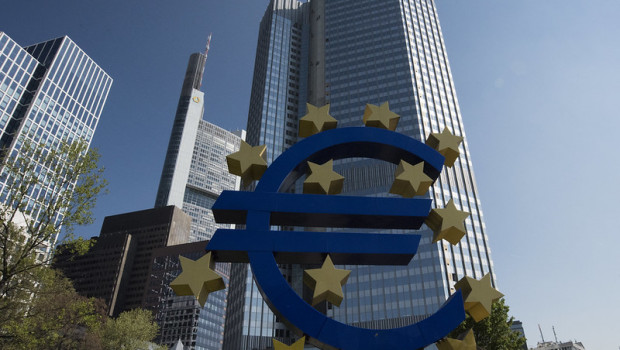Eurozone business growth eases to 16-month low in June

Business growth in the eurozone eased in June to a 16-month low as prices continued to surge and demand stalled, according to a survey released on Thursday.
The S&P Global flash eurozone composite purchasing managers’ index - which measures activity in both the services and manufacturing sectors - fell to 51.9 from 54.8 in May, coming in below consensus expectations for a reading of 54.0.
A reading above 50.0 indicates expansion, while a reading below signals contraction.
Manufacturing led the deterioration, with output falling for the first time in two years. The flash PMI for the manufacturing sector declined to a 22-month low of 52.0 in June from 54.6 the month before, while the manufacturing output index printed at 49.3, down from 51.3 and hitting a two-year low.
Meanwhile, the services PMI fell to 52.8 from 56.1 in May, hitting a five-month low.
Chris Williamson, chief business economist at S&P Global Market Intelligence, said: "Eurozone economic growth is showing signs of faltering as the tailwind of pent-up demand from the pandemic is already fading, having been offset by the cost of living shock and slumping business and consumer confidence.
"Excluding pandemic lockdown months, June’s slowdown was the most abrupt recorded by the survey since the height of the global financial crisis in November 2008. The slowdown means the latest data signal a rate of GDP growth of just 0.2% at the end of the second quarter, down sharply from 0.6% at the end of the first quarter, with worse likely to come in the second half of the year. Inflows of new business have stalled, led by a slump in demand for goods and reduced demand for services from cash-strapped consumers in particular.
"At the same time, business confidence has fallen sharply to a level rarely seen prior to the pandemic since the region’s economic contraction during the 2012, hinting at an imminent downturn unless demand revives."
ING said: "For the European Central Bank, today’s PMI paints a very clear picture of cooling demand. Just weeks before the first rate hike in more than a decade, demand has already slowed markedly. According to the survey, businesses indicate tighter financial conditions as one of the key factors contributing to the slowdown.
"This confirms our view of a conservative amount of rate hikes from the ECB. The neutral rate is likely to be lower than many expect and demand is already slowing markedly."